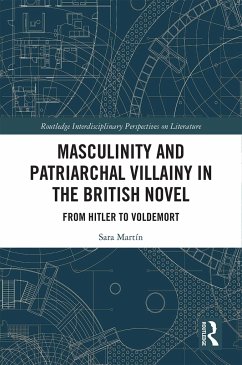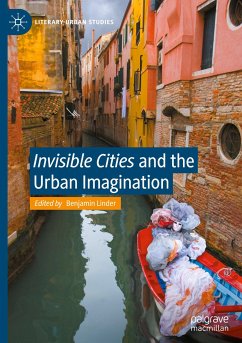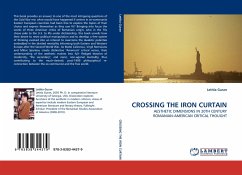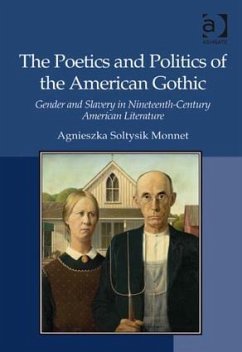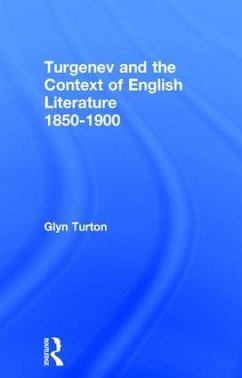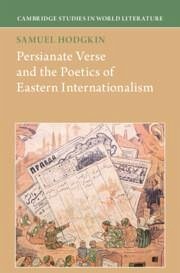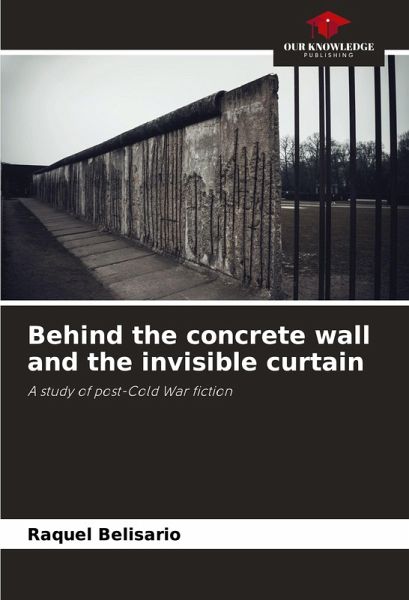
Behind the concrete wall and the invisible curtain
A study of post-Cold War fiction
Versandkostenfrei!
Versandfertig in 6-10 Tagen
33,99 €
inkl. MwSt.

PAYBACK Punkte
17 °P sammeln!
During the Cold War, the inhabitants of countries aligned with the Soviet socialist regime suffered from the most general restrictions, such as the curtailment of the right to free movement, control of the economy and food shortages, but also from the constant threat of nuclear war. In addition, citizens who were denounced as enemies of the state were persecuted by the political police, who manipulated them through surveillance, physical violence and emotional destabilisation. The atmosphere of repression, fear and violence were components of a disturbing reality that created the conditions fo...
During the Cold War, the inhabitants of countries aligned with the Soviet socialist regime suffered from the most general restrictions, such as the curtailment of the right to free movement, control of the economy and food shortages, but also from the constant threat of nuclear war. In addition, citizens who were denounced as enemies of the state were persecuted by the political police, who manipulated them through surveillance, physical violence and emotional destabilisation. The atmosphere of repression, fear and violence were components of a disturbing reality that created the conditions for cumulative trauma. The aim of this work is to see how the traumatic experience of these times and the strategies of resistance to trauma are represented in literature written after the end of the communist dictatorship.








